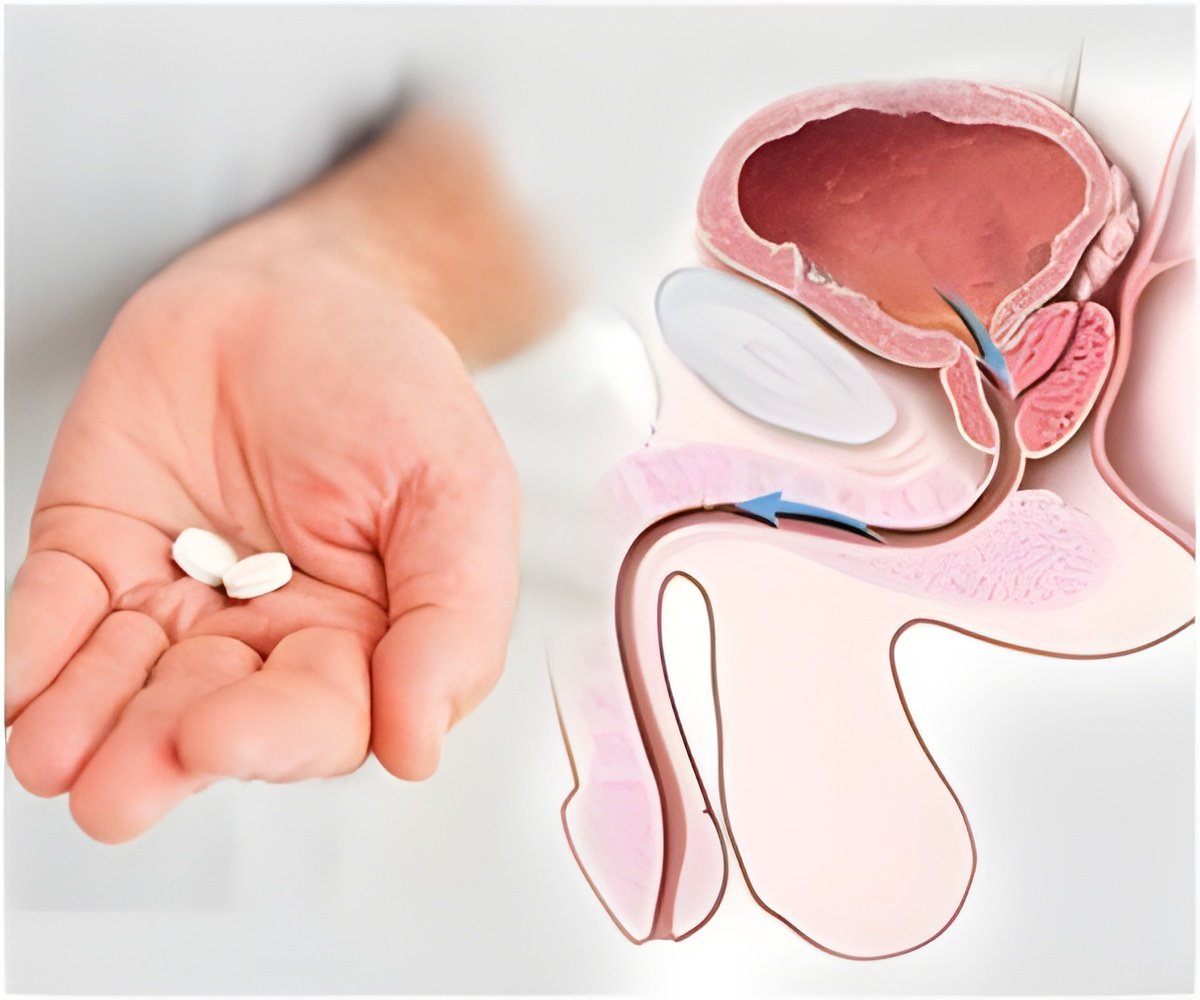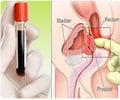Researchers led by those at Duke Cancer Institute have found that prostate cancer’s progression can be slowed down.

"While all subgroups in the clinical trial benefited from tasquinimod, those whose cancer metastasized to their bones had the greatest benefit in terms of delaying the time from the start of treatment to when the cancer progressed," said lead author Andrew J. Armstrong, M.D., ScM, associate professor of medicine at the Duke Cancer Institute. "This group of men also seemed to have a longer survival benefit when we followed them over several years."
Tasquinimod, a drug in development by Active Biotech in partnership with Ipsen, is an oral therapy that activates the body's immune system to fight cancer. Its mechanism is not fully understood, but it appears to affect the function of myeloid-derived suppressor cells, which are found in increased numbers in cancer patients. Tasquinimod is also known to block tumor blood vessel growth, a process termed angiogenesis.
New treatments approved in recent years have given physicians and patients additional options to fight prostate cancer, but the therapies typically only extend patients' lives by three to five months. New drugs that increase survival - without serious side effects - are still needed.
In this phase II clinical trial, funded by Active Biotech, researchers studied the use of tasquinimod among men with metastatic castration-resistant prostate cancer, an advanced form of the disease that does not respond to hormonal therapy. The study enrolled 201 men who were followed for approximately three years, with 134 randomly assigned to receive tasquinimod and 67 given placebo.
The researchers measured patients' overall survival, whether their cancer progressed, and the drug's safety and tolerability. They also conducted studies of biomarkers to better understand how tasquinimod stimulates the immune system.
Advertisement
"By delaying the onset of symptoms or growth of metastatic tumors, tasquinimod may allow men to put off other treatments, such as chemotherapy, and maintain a high quality of life," Armstrong said. "That's an important goal for many patients and providers."
Advertisement
The researchers also identified certain predictors of who would benefit most from tasquinimod, such as lower baseline PSA levels or other biomarkers.
The treatment was considered safe with low to moderate side effects, which included mild gastrointestinal issues, muscle and joint pains, and fatigue.
Based on results from the phase II clinical trial, tasquinimod is now being evaluated in an international phase III trial focusing on men whose prostate cancer has spread to their bones and become resistant to hormonal therapies.
"We still need to do more research to understand the efficacy and mechanism of action of tasquinimod, who benefits the most from it, how it fits into a treatment regimen, and how it could be used in combination with other therapies," Armstrong said. "In addition, tasquinimod is not a prostate cancer-specific drug. If the phase III trial shows that tasquinimod is effective and safe, this opens the door for evaluating the immunotherapy in other cancers."
In addition to Armstrong, study authors include Michael Häggman of University Hospital of Uppsala in Sweden; Walter Stadler of the University of Chicago; Jeffrey Gingrich of the University of Pittsburgh; Vasily Assikis of Peachtree Hematology Oncology Consultants in Atlanta; Jonathan Polikoff of Kaiser Permanente Medical Group in San Diego; Jan-Erik Damber of Sahlgrenska University Hospital in Sweden; Laurence Belkoff of Urologic Consultants of Southeastern Pennsylvania; Örjan Nordle and Göran Forsberg of Active Biotech AB; Michael Carducci of Sidney Kimmel Comprehensive Cancer Center at Johns Hopkins University; and Roberto Pili of Roswell Park Cancer Institute in Buffalo.
Armstrong and Pili received research funding from Active Biotech. Nordle and Forsberg are employees and shareholders of Active Biotech. The research was conducted within the Department of Defense Prostate Cancer Clinical Trials Consortium, a 13-site clinical research group working to design, implement and complete phase I and phase II trials in prostate cancer.
Source-Newswise














